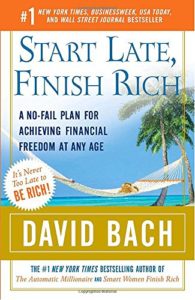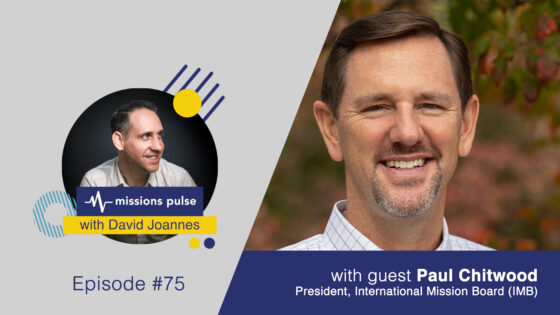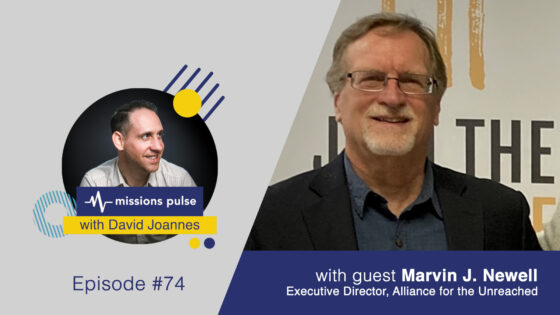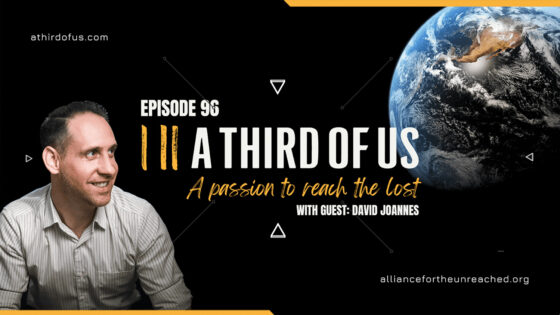
Date read: 05.13.2017. How strongly I recommend it: 6/10.
See my kindle highlights here.
TARGET AUDIENCE
Unfortunately, I am the target demographic for this one. I say “unfortunately” because I fall into the category of a late starter in the financial planning arena. And of course my hope is to get rich, right? Well, at the very least, perhaps a more noble dream is to be able to adequately provide for my family in a couple decades. The author speaks compellingly to those who have started late by saying, “Stop asking yourself why you didn’t do what you should have done. The real question is: What are you going to do about it now?”
CONTENT QUALITY
Generally, I don’t enjoy reading books of this nature. I am not speaking about the content of this book per se—saving for the future; setting yourself up for financial security. That aspect is quality enough. I am speaking about this kind of self-help literature with the tone of a motivational speaker. I have no choice but to describe this kind of writing style as base. Still, the masses eat this kind of stuff up as is evident from its status as a New York Times bestseller. But it is rather off-putting to me. The author does provide quality content: “To put it positively, even though you’re starting late, you still can finish rich. But you’ve got to be serious about it. You’ve got to be willing to take a clear, hard look at the way you live and then make some changes.” Statements like these created a paradigm shift in me. To reiterate, the low rating is simply because of my general distaste for this kind of writing style. Not only that, there is a LOT of content in this book. The author covers nearly every topic that exists from starting a secondary business, making extra funds on the side, cutting your spending, saving more, and investing smart. Praiseworthy and, at times, helpful. But this style of book is just not my cup of tea.
MESSAGE CLARITY
To be fair, the author’s main message is crystal clear. He challenges the reader to stop procrastinating and begin today preparing financially for the future. “Most people wish for a better life,” he says. “Smart people learn, plan, and take action to get a better life.” In fact, statements like this propelled me to reconsider what I am doing to prepare financially for the future. Inspired by the author’s encouragement, I have already begun changing the way I do things and be more intentional about financial savings.
CREATIVE STYLE
The author points to some creative perspectives on saving for the future. The Latte Factor was a particularly inspirational consideration—cutting back on the daily expenses that drain away without us even noticing. “Whether we’re talking about lattes, cigarettes, bottled water, or any other unnecessary extravagance,” he says, “a few dollars a day really can add up to a fortune. It may not seem like much. Hey, it’s only a few dollars, right? Well, multiply a few dollars a day by 365 days a year. Before you know it, you’re talking about real money. And the truth is, we all do this. I mean, really stop for a second and be honest with yourself.” But beside these creative anecdotes, there was little “creative energy” in this book.
LANGUAGE SELECTION
As mentioned above, the tone and style is the most off-putting aspect of this book. What can I say? I am disinterested in literature that by its nature portrays such a colloquial flavor and motivational speaker style. There’s good content here, a challenge to get one’s financial standing in order. But for someone who appreciates high-quality literature and creative writing styles with an articulate flair, it can be frustrating to work through this book.
OVERALL IMPACT
The overall impact that I was left with after reading this book can be described both as inspirational and confusing. The author ends on the praiseworthy topic of tithing and giving out of one’s wealth to meaningful causes. As someone who runs his own non-profit organization, I appreciated this. But going back to my response of confusion, there was a sort of bewilderment about first steps to be taken. Everyone’s situation is unique, to be sure. But there were so many ideas in this book that one is left to wonder what the best way forward might be. Overall, I was challenged to make some financial changes and prepare for the future in a more intentional way. But a little bit of financial coaching might have been more beneficial to me than this book.
10 POINT RATING
I give Start Late, Finish Rich a 6/10.


